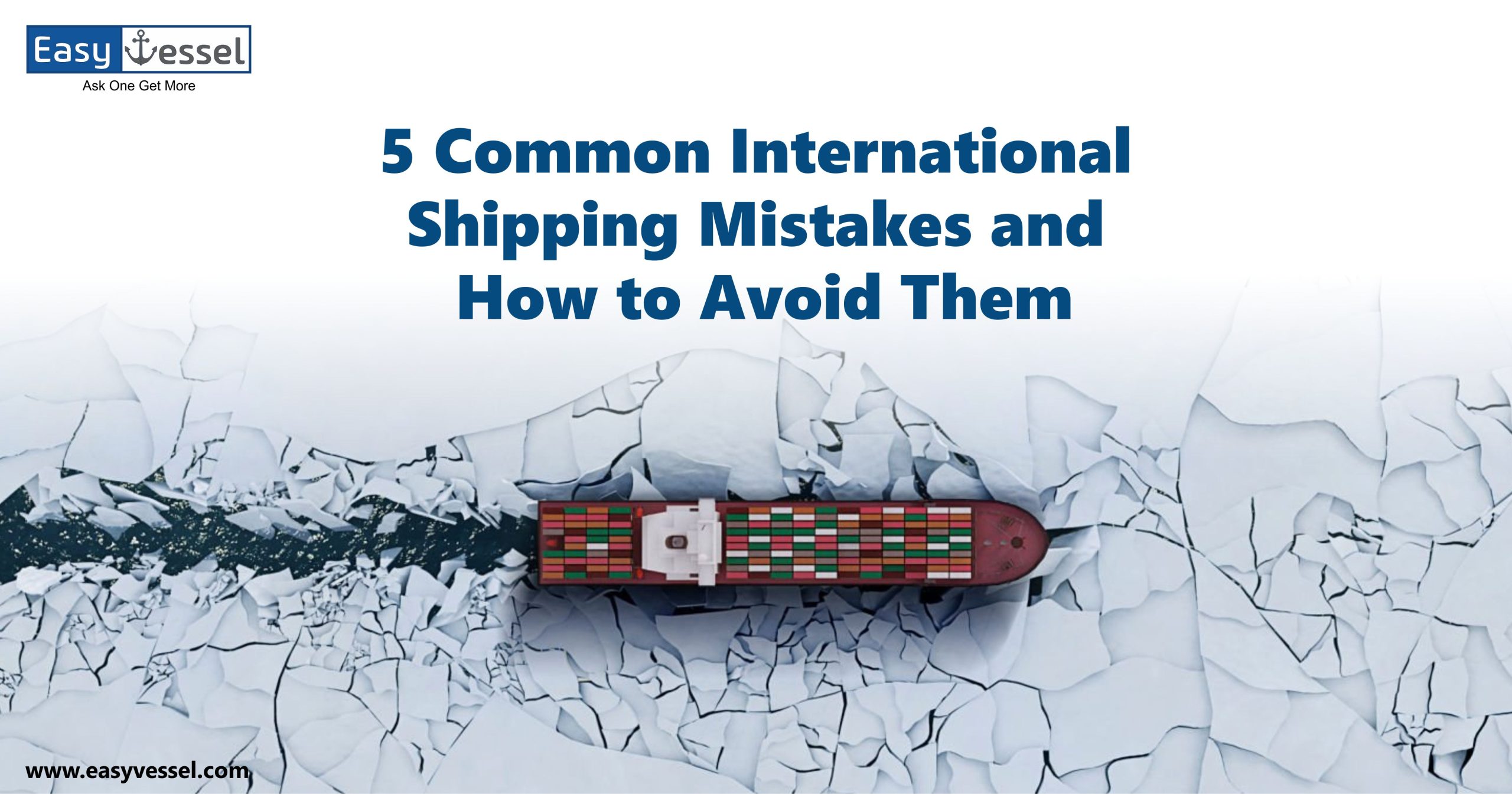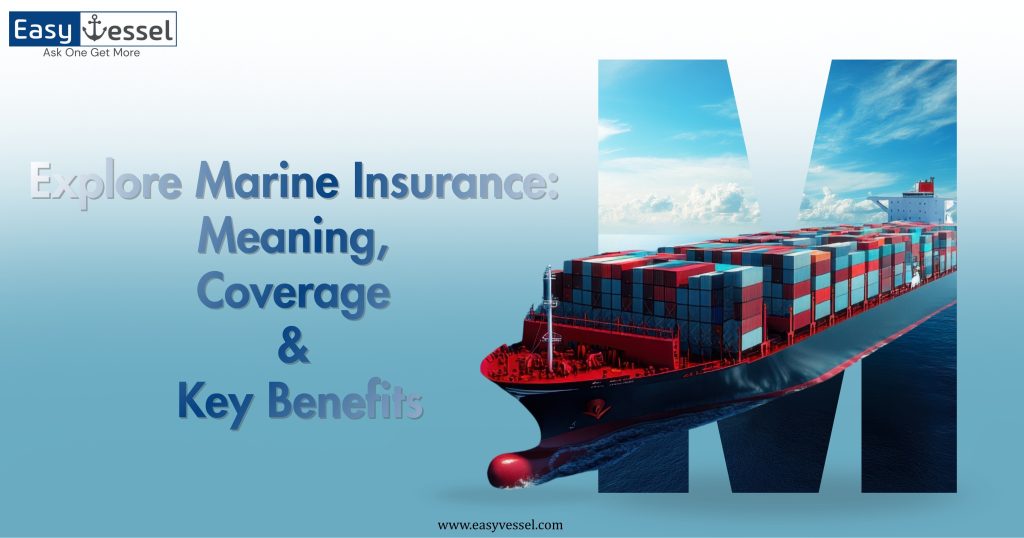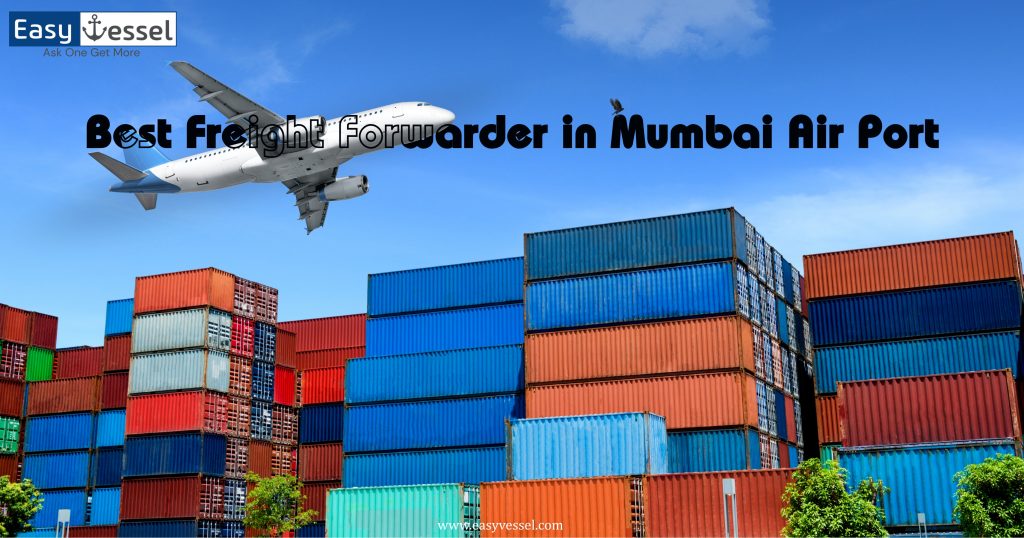International shipping is a crucial component of global trade, enabling businesses to expand their reach across borders and tap into new markets. However, the complexities involved in cross-border logistics often lead to unexpected challenges, including regulatory hurdles, documentation errors, and fluctuating freight charges. Many businesses, especially those new to international trade, make common mistakes when working with freight forwarders, resulting in costly delays, mismanaged shipments, and financial setbacks. From improper packaging to misunderstanding customs requirements, these errors can create significant inefficiencies in the supply chain.
Additionally, unexpected shipping costs and hidden fees can strain a company’s budget, reducing overall profitability. By identifying these common pitfalls and implementing best practices, businesses can enhance their shipping processes, improve efficiency, and reduce unnecessary expenses. Partnering with experienced freight forwarders and staying informed about industry regulations can further help companies navigate the complexities of international shipping successfully.
In this article, we will explore five of the most common international shipping mistakes and provide practical solutions to avoid them.
1. Inadequate Documentation and Compliance Errors
One of the biggest mistakes in international shipping is failing to provide the correct documentation, leading to delays and fines. Each country has specific import/export regulations, and missing or incorrect paperwork can cause customs to hold or reject shipments. Errors in invoices, product descriptions, or certificates may result in additional inspections or penalties. These issues increase freight charges and disrupt supply chains. To avoid this, businesses must ensure all shipping documents are accurate and complete before shipment.
How to Avoid This Mistake:
- Work closely with freight forwarders who are well-versed in international trade laws and customs regulations.
- Ensure all required documents (bill of lading, commercial invoices, certificates of origin, packing lists, etc.) are complete and accurate.
- Stay updated on changing trade regulations and compliance requirements.
- Use digital solutions to automate and verify documentation accuracy before shipping.
2. Poor Packaging and Labeling
Improper packaging and labelling can lead to damaged goods, lost shipments, or customs rejections, causing unnecessary delays and extra costs. Certain products, such as fragile or hazardous materials, require specialized packaging to ensure safe transit. International shipping regulations mandate proper labelling, including product descriptions, handling instructions, and compliance marks. Failing to meet these requirements can result in rejected shipments, financial losses, or even legal issues for businesses.
How to Avoid This Mistake:
- Use durable, high-quality packaging materials suited for the type of goods being transported.
- Label packages correctly with essential information, including handling instructions, barcodes, and country-specific labelling requirements.
- Consult with your freight forwarders to determine the best packaging solutions for international transport.
- Comply with hazardous material regulations when applicable.
3. Miscalculating Freight Charges and Hidden Costs
Underestimating freight charges is a costly mistake that businesses often make, leading to unexpected expenses that can strain budgets. Hidden fees such as fuel surcharges, port handling fees, and customs duties can significantly increase overall shipping costs.
Fluctuating market conditions, currency exchange rates, and peak season surcharges can further impact freight expenses. Proper cost estimation and working with reliable freight forwarders can help businesses avoid financial surprises and maintain profitability.
How to Avoid This Mistake:
- Request a detailed cost breakdown from your freight forwarders before booking a shipment.
- Understand the difference between FOB (Free on Board) and CIF (Cost, Insurance, and Freight) terms to avoid unexpected costs.
- Use freight calculators and digital platforms to estimate the total cost of shipment.
- Plan for fluctuations in fuel prices and currency exchange rates.
4. Choosing the Wrong Freight Forwarder
Not every freight forwarder provides the same calibre of assistance. Selecting an inexperienced or unreliable partner can lead to shipment delays, miscommunication, and additional costs.
How to Avoid This Mistake:
- Research and select freight forwarders with a proven track record and expertise in international shipping.
- Check customer reviews, industry certifications, and global network coverage before committing.
- Work with forwarders who offer transparent pricing, real-time tracking, and excellent customer service.
- Establish clear communication with your freight partner to ensure seamless logistics operations.
5. Ignoring Customs Duties and Import Taxes
Many businesses overlook customs duties and import taxes when calculating their shipping expenses, leading to unexpected financial burdens. Each country has different tax regulations, and failing to account for them can result in costly penalties or shipment delays. Misclassification of goods or incomplete documentation can further increase charges, adding to overall expenses. Proper research and consulting with experienced freight forwarders can help businesses accurately estimate these costs and avoid surprises.
How to Avoid This Mistake:
- Understand the tax and duty structures of the destination country before shipping.
- Utilize freight forwarders with customs brokerage services to streamline the clearance process.
- Classify goods correctly under the Harmonized System (HS) to avoid penalties and compliance issues.
- Consider Duty Drawback Programs or Free Trade Agreements (FTAs) to minimize costs.
Conclusion
Avoiding these common international shipping mistakes can significantly improve supply chain efficiency and reduce overall freight charges. By working with experienced freight forwarders to ensure proper documentation, packaging, and compliance, businesses can optimize their global trade operations.
Taking proactive measures and leveraging professional expertise will not only help prevent costly errors but also enhance customer satisfaction and business growth.
Reference:
International trade by Wikipedia[1].
Frequently Asked Questions
Ensure accurate documentation, choose reliable freight forwarders, and follow proper packaging and labelling guidelines. Use tracking systems and stay updated on international shipping regulations to prevent delays and extra freight charges.
Air, ocean, and road freight are the main shipping methods. Air is fast, the ocean is cost-effective for bulk, and the road is ideal for cross-border transport. Freight forwarders help choose the best option based on cost and urgency.
Ocean freight is the cheapest for bulk shipments, especially FCL and LCL. Consolidating shipments, negotiating freight charges, and avoiding peak seasons can further reduce costs.
To reduce freight charges, optimize packaging, consolidate shipments, choose the correct shipping mode (LCL vs. FCL), and negotiate better rates with freight forwarders.
Typical documents include the Bill of Lading, Airway Bill, Commercial Invoice, Packing List, Certificate of Origin, and Export/Import Licenses.



